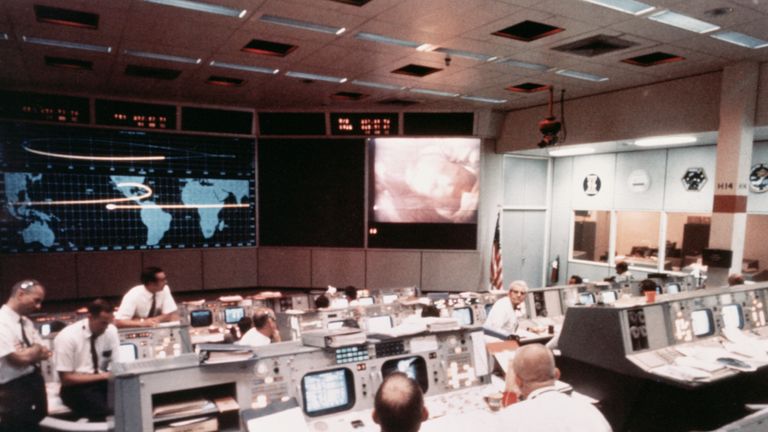Houston has a problem: NASA snubs city’s bid to lead next moon mission
It may have been one of the first words ever uttered on the moon, but Houston has been snubbed by NASA as the base of operations for the development of the next lunar lander.
Marshall Space Flight Center in Huntsville, Alabama, has been chosen to lead preparations for the planned expedition, beating out competition from Johnson Space Center in the Texan city.
The latter managed the iconic Apollo quest 50 years ago, and state congressmen hoped that legacy would see it chosen for the next mission, which is aiming to send a woman to the moon for the first time by 2024.
Republican senators Ted Cruz and John Cornyn and representative Brian Babin have asked NASA to reconsider its call to pick the so-called Rocket City in Alabama, although the site has long specialised in rocket propulsion.
NASA Saturn V moon rockets were developed there in the 1960s and it is also where a new mega-rocket dubbed the Space Launch System is being built.
Explaining the decision, NASA administrator Jim Bridenstine said: “I would argue that when it comes to propulsion, there is no place in the world that is more experienced and better than Marshall Space Flight Center.
“At the same time, it is absolutely true that when you think about the module where our astronauts will be, that cannot be done without the Johnson Space Center.”
With Marshall being the main base of preparation for the highly-anticipated mission, more than a third of the 360 NASA personnel dedicated to it will be stationed there.
There will be 140 in Huntsville, 87 in Houston, and the rest elsewhere.
Former engineering manager Lisa Watson-Morgan will lead the programme from Marshall, and says her team will “bring their speed and our experience” to the project to meet the 2024 deadline set by the White House.
The programme has been named Artemis after the twin sister of Apollo in Greek mythology, who also happens to be the goddess of the moon.
NASA remains the only organisation in existence to ever land a man on the moon, and the Artemis mission is set to be the next occasion on which a human steps foot on the surface.
Billionaire SpaceX founder Elon Musk recently raised eyebrows by suggesting that his company could land on the moon even sooner, telling Time magazine he could do “in less than two years”.
Source: Read Full Article



